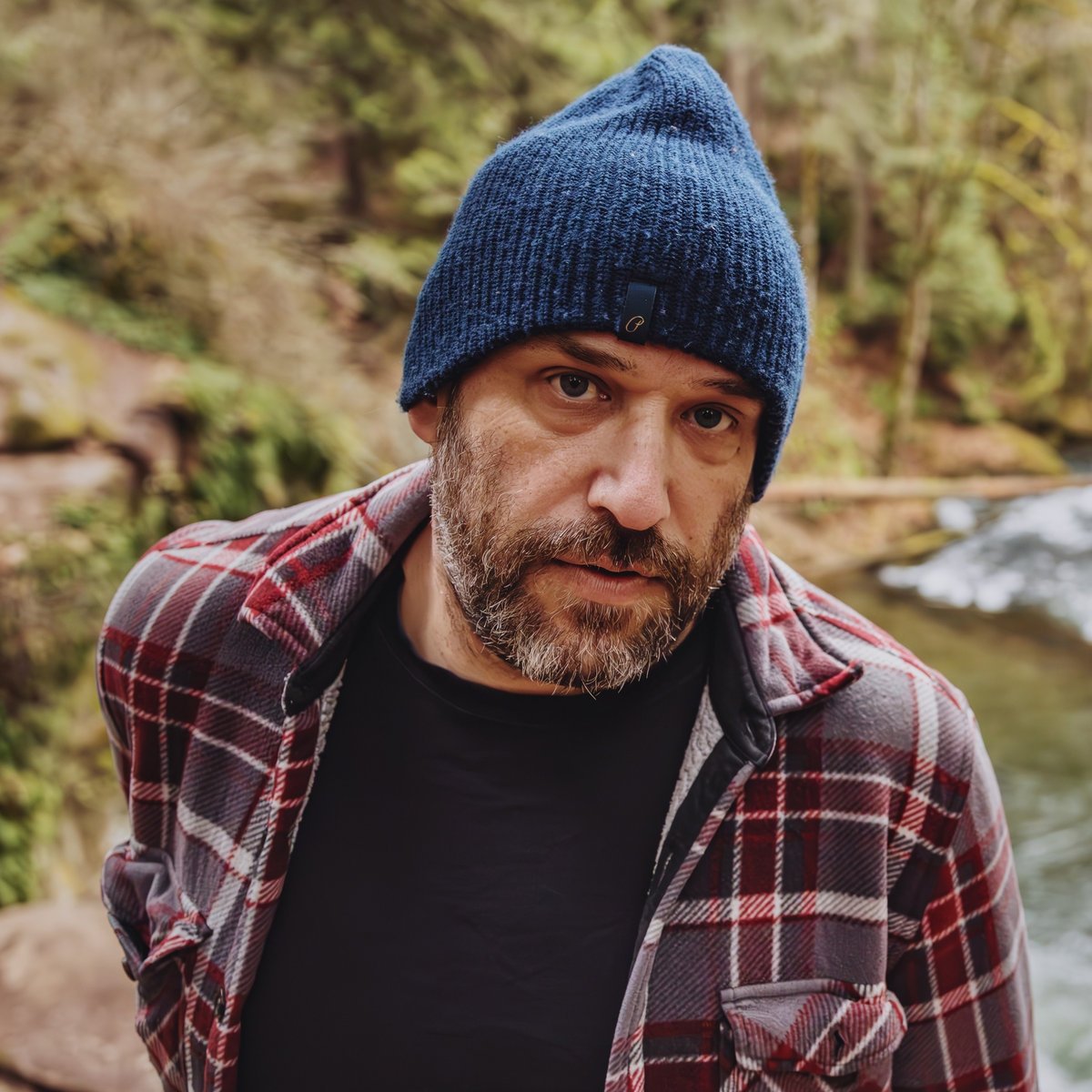1) Pedro the Lion, “Santa Cruz” / I’ll have more (soon-ish) to say about David Bazan’s latest, but “Santa Cruz” traces narrative thread first unspooled on recent records, documenting the songwriter’s musical and spiritual formation. This is a masterwork of self-awareness and first-person storytelling—and just a damn great, thoughtfully textured indie-rock album.
2) Good Looks, “Lived Here for a While” / Honestly, the new Good Looks is a perfect conversation partner for Bazan and “Santa Cruz.” The Austin, Texas outfit runs fingers along religious scars and weighs our social debts while dealing in propulsive rhythms and refreshingly intricate guitar parts. This is a crucial band that deserves all the ears we have to lend.
3) Bonny Light Horseman, “Keep Me On Your Mind/See Me Free” / Everything from this trio— composed of songwriters Anais Mitchell, Eric D. Johnson and Josh Kaufman—sings, but their third album cements the trio as a 21st-century equivalent to The Band. This double record is somehow elegiac and buoyant, gentle and groovy, shot through with a magnificent musical light.
4) Victoria Chang, “With My Back to the World” / The latest from the remarkable poet is part ekphrastic wonder (and a second recent favorite to engage deeply with the paintings of Agnes Martin, alongside Lauren Camp’s “An Eye in Each Square”), part vital soul documentary, and part embodied commentary on the beautiful, elusive nature of language.
“But I learned that it’s / possible for a sentence to have no words. / That the meaning of a word can exist without the word,” Chang writes in her opening, titular poem, pulling us gently by the sleeve into places where space and meaning and language for language’s sake dance, each with the other.
5) Courtney Ellis, “Looking Up” / “I realize in this moment that my grandfather was a beautiful person,” my friend Courtney Ellis writes late in her new book. “I realize, maybe for the first time, that there isn’t any other kind.”
There’s so much to be said for “Looking Up,” for its sentence-level loveliness, for the strength of its particular affections—modeling for the reader, through birding, what it means to be relentlessly curious in a fractured world. But perhaps what I love most is the way Ellis, on every page, upholds the beauty of every person, every bird, every living thing in a fashion, with a heart, that the likes of Thomas Merton would recognize and affirm.
There isn’t any other kind, she clearly believes, and you want to believe it too.



